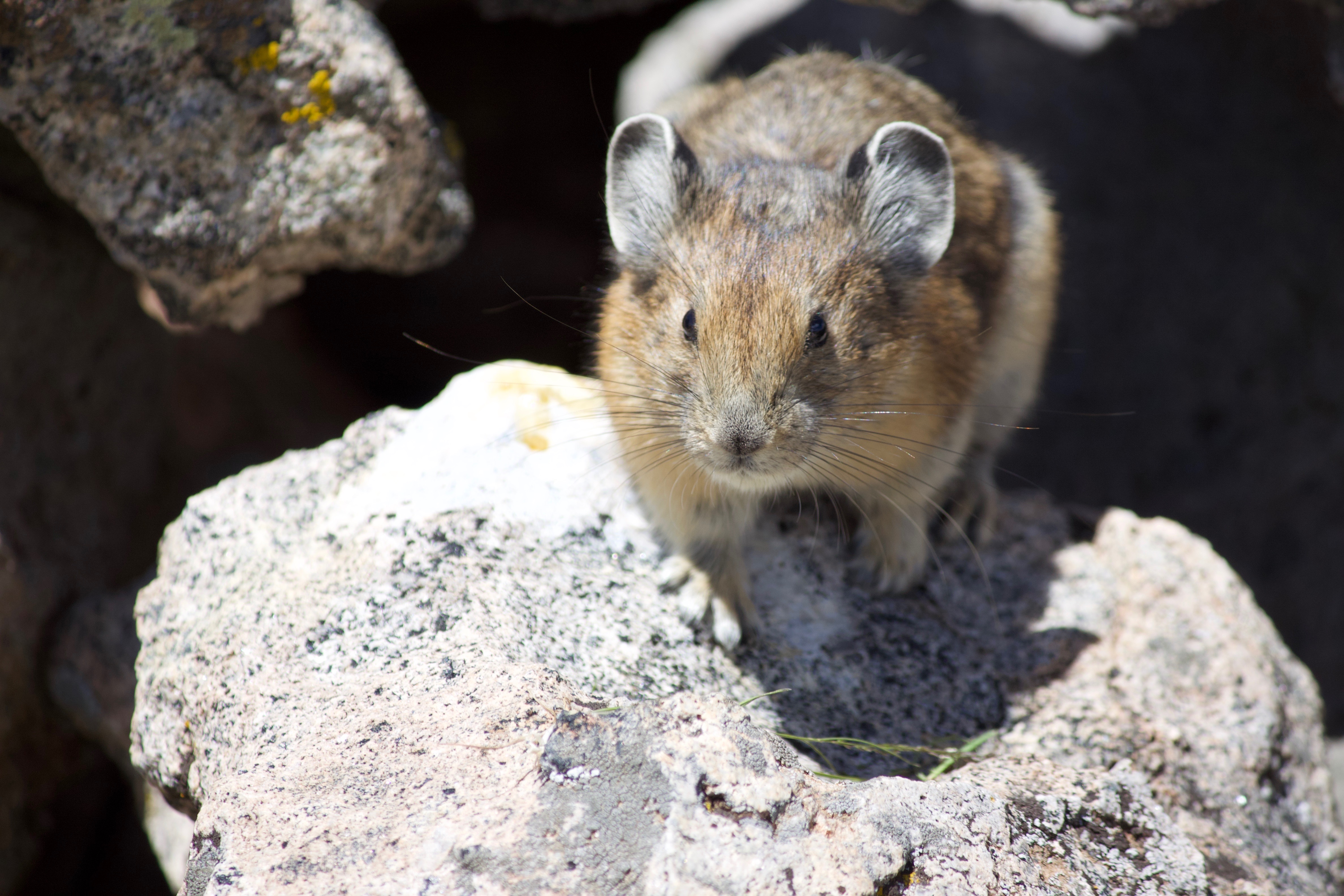Maya Livio. “Lagomorph Lessons: Feminist Methods for Environmental Sensemaking.” In Multispecies Storytelling. Ida Bencke and Jørgen Bruhn, eds. [Revised & Resubmitted]
This paper draws from field research on the American pika to consider the ethics of multispecies knowledge production. The American pika (Ochotona princeps) is a small lagomorph, a relative of rabbits and hares, found at high elevation in the mountains of western North America. It is widely considered a climate change indicator species, signalling the potential effects of climate change on the biological health of mountain ecosystems. American pikas are particularly sensitive to rising global temperatures as they have a narrow range of options for thermoregulation. Taking pika thermoregulation as a jumping off point, this paper begins by nuancinf thermoregulation classification schemes, proposing ‘technological thermoregulation’ as a site of intervention at the overlap of biology and technology. Reflecting on how this new classification was developed through pika encounters, the paper then considers how feminist research methods can be adapted to areas of multispecies study, suggesting protocols for working with more-than-human knowledges.
RESEARCH THEMES: ENVIRONMENTAL MEDIA, FEMINIST TECHNOSCIENCE, MULTISPECIES METHODS
